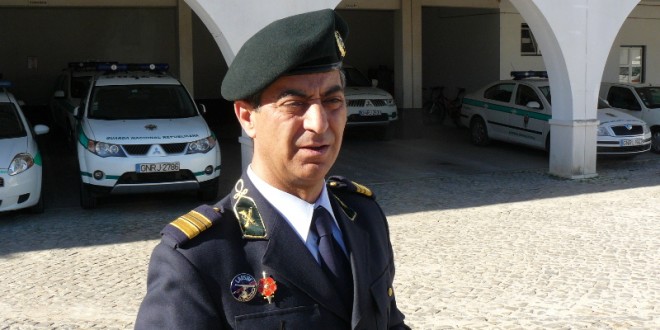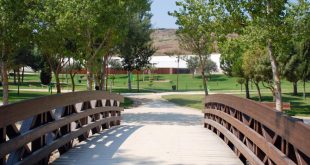Lieutnant-Colonel; Chief of the Nature and Environment Protection Service
ECO123: In your opinion, what it the solution for the forest fires in Portugal?
GNR: Allow me to begin my response by stating that fires are not fought, fires are avoided. This leads us to the prevention phase. Immediate prevention, let’s call it, which implies raising the awareness of people who live in the rural areas so as to draw attention to behaviours which should be avoided and to prevention campaigns which must be implemented periodically before the summer period. For short- to medium-term results, campaigns and awareness-raising among the young and at schools, because in this age-group we will be creating preventive behaviours to be followed when they live in the rural areas. We will also be training some mini-police officers who will influence their parents when they accompany them on activities in the rural areas.
Obviously we need to avoid fires, so as not to have more fires – but how do we do this?
This can be avoided. If we analyse the fires that occurred this year up to 31st October, almost all of them were the direct or indirect result of human activity. And so there are a huge number of fires which result from what? From bonfires, from burning, from smoking and dropping lit cigarette ends on the ground. So, if we could draw attention to…
Or … negligence,
Yes, a degree of negligence. We have to succeed in drawing the attention of those living in rural areas to avoid these activities during the most critical period of summer or do them while guaranteeing a degree of prevention to avoid the bonfires spreading to the surrounding scrubland.
The hand of criminals: how important is it, or what percentage of fires are arson?
In the Algarve, as far as criminal activity is concerned or arson, we are talking about a percentage of less than 10% of the fires which occurred between 1st January and 31st October.
 Eco123 Revista da Economia e Ecologia
Eco123 Revista da Economia e Ecologia


